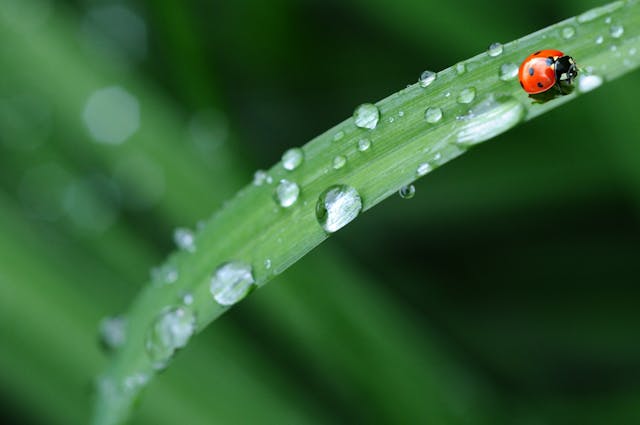Dubai, known for its arid climate and vast desert landscapes, recently experienced an unusual event – rainfall. While this brought relief from the heat and transformed the city into a picturesque scene, it also brought with it a lesser-known consequence: an increase in pests.
Pest control, especially after unexpected rainfall, becomes crucial for maintaining public health, safeguarding infrastructure, and ensuring overall well-being.
Understanding the Impact of Rain on Pest Infestation
The dry environment of Dubai usually keeps pests like ants, cockroaches, and mosquitoes at bay. However, rainfall changes this dynamic significantly.
The moisture from rain creates favorable conditions for pests to thrive and reproduce. Puddles and standing water become breeding grounds for mosquitoes, while damp soil attracts termites and ants seeking shelter and moisture.
The sudden surge in vegetation growth after rain also provides food and shelter for various pests, attracting them closer to human habitats. This shift in environmental conditions can lead to a rapid increase in pest populations if not managed promptly.
Health Risks Associated with Pest Infestation
Pests are more than just a nuisance; they pose serious health risks to residents of Dubai. Mosquitoes, for instance, are carriers of diseases like dengue fever, malaria, and Zika virus.
With more stagnant water post-rain, the mosquito population can skyrocket, elevating the risk of disease transmission.
Cockroaches and rodents are known allergens and can trigger asthma and other respiratory issues, especially in children. Termites, attracted to moisture, can damage wooden structures and compromise building integrity over time. Proper pest control measures are essential to mitigate these health risks and maintain a safe living environment.
Preserving Infrastructure and Property
Pests can wreak havoc on buildings and infrastructure, causing damage that is often costly to repair. Termites, in particular, are a significant threat to wooden structures and furniture.
The increased moisture content in the air and soil post-rain provides ideal conditions for termite colonies to thrive, leading to potential structural damage if left unchecked.
Rodents are notorious for gnawing on electrical wires, which can pose fire hazards and disrupt essential services. By implementing effective pest control strategies, property owners can protect their investments and prevent unnecessary repairs and replacements.
Maintaining Hygiene and Aesthetics
Pests not only compromise hygiene but also tarnish the aesthetic appeal of homes and public spaces. Cockroaches, flies, and ants can contaminate food supplies and kitchen surfaces, leading to foodborne illnesses.
Their presence can also create a sense of discomfort and unease among residents and visitors alike.
In a city like Dubai, where cleanliness and aesthetics are paramount, effective pest control is essential for upholding hygiene standards and preserving the city’s visual appeal.
The Role of Professional Pest Control Services
Given the unique challenges posed by the aftermath of rainfall, professional pest control services play a vital role in safeguarding public health and property. These services employ trained technicians equipped with the expertise and tools necessary to identify, treat, and prevent pest infestations.
Integrated pest management (IPM) techniques are often employed, focusing on preventive measures such as sealing entry points, reducing standing water, and using targeted treatments to minimize environmental impact.
Regular inspections and maintenance schedules can further ensure that pest populations remain under control, even during periods of increased moisture.
Community Participation and Awareness
Community engagement is essential in the fight against pests. Residents can contribute by maintaining cleanliness, promptly reporting pest sightings, and cooperating with pest control professionals during inspections and treatments.
Public awareness campaigns can educate residents about the importance of pest control and empower them to take proactive measures to protect their homes and neighborhoods.

